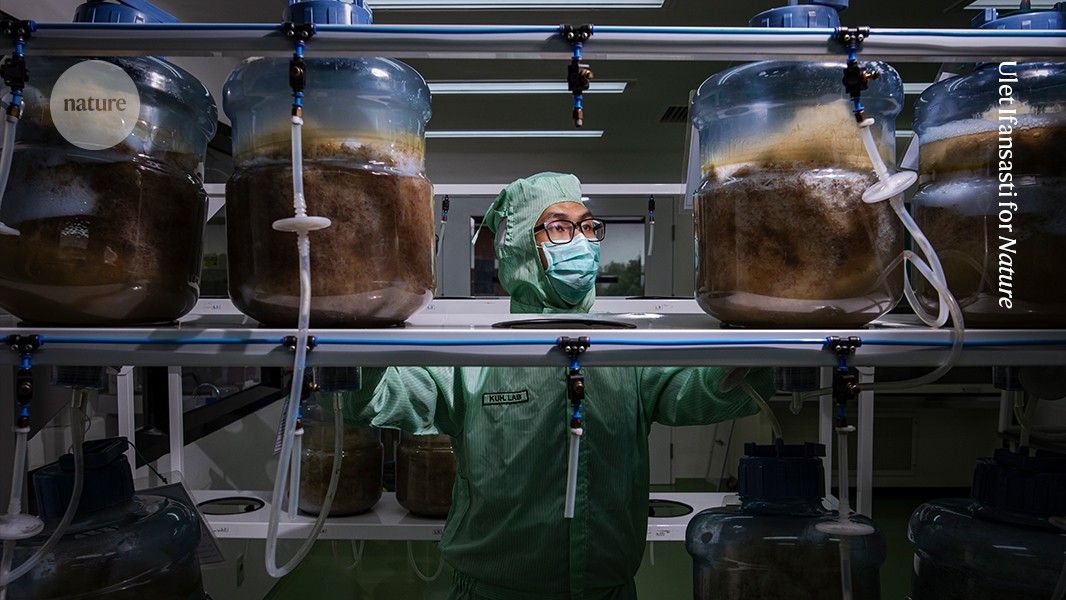
"In Asia, ginseng is valued for its restorative properties. Work in recent years has shown that it contains around 200 bioactive compounds."
"The plant is not found in Indonesia's tropical climate - it only grows in the subtropics - and typically takes four to six years to be ready to harvest."
"We are using plant tissue culture to produce a local source that we can grow in eight weeks."
"The photo shows cultivation in 18-litre bioreactors that produce 2.5 kilograms of ginseng root, starting from only 150 grams."
At the Kalbe Ubaya Hanbang-Bio Laboratory in Surabaya, Indonesia, researchers aim to cultivate ginseng, a plant traditionally valued for its health benefits. Despite its significance in Asia, ginseng only thrives in subtropical climates and requires several years to mature. This lab employs innovative techniques like hairy-root culture with Rhizobium rhizogenes to rapidly produce ginseng. Instead of the usual four to six years, this research can yield viable roots in a mere eight weeks within 18-liter bioreactors, enhancing local ginseng production while potentially aiding other herbs such as red ginger.
Read at Nature
Unable to calculate read time
Collection
[
|
...
]